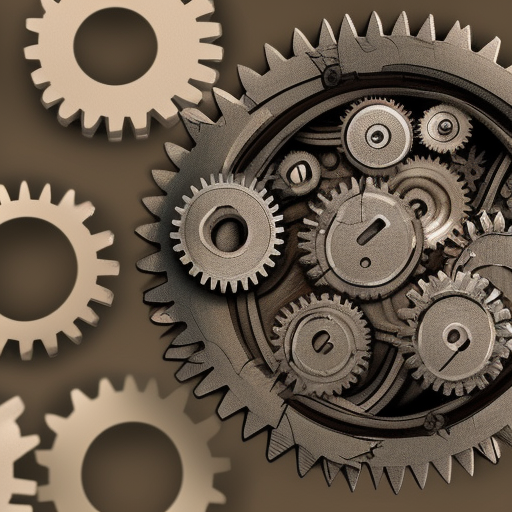
To me, the main updates from gears of aging was:
There might be 1 or a small number of factors that can be intervened on to cure aging.
Curing these factors will not just stop people from aging further but also reverse them to good young health.
Before reading Gears of Aging, I had the "old car model of aging", where I thought:
Aging happens because every part of your body gradually accumulates damage and you've only evolved to be able to deal with so much damage.
Recovering to good health requires medically undoing each bit of damage that has been done.
If both of the updates for gears of aging seem reasonable in 2033, this market resolves YES. If one of the updates holds up but the other doesn't, this market resolves PROB 50%. If both of updates fail then the market resolves NO. If I am uncertain about some of the points then I reserve the right to resolve PROB between them. If I have radical uncertainty then I may resolve N/A.
I will not be betting in this market.
People are also trading
his post positively mentions sinclair and sirtuins which https://www.science.org/content/blog-post/speaking-illusions-sirtuins-and-longevity
"For any X with turnover much faster than aging (i.e. decades), if we see the level of X increase/decrease on the timescale of a human lifetime, then that is not due to permanent “accumulation of X” or “depletion of X”; it is due to increase/decrease in the rate of creation/removal of X"
Seems to me that even if turnover is fast, some errors might accummulate over time.
Someone on LessWrong has already pointed it out:

- DirectedEvolution
@na_pewno The way you would analyze this with the Wentsworthian model is that DNA damage that gets inaccurately repaired introduces mutations.
Then one can ask what mechanisms the body has to deal with mutations (e.g. getting rid of the mutant cells and replacing them with new cells split off from stem cells means that there is also a loop which removes mutations).
@GarrettBaker The arguments seem very compelling but I'm not strong in biology so maybe he has fooled me somehow. As mentioned I intend to learn more biology between now and the close date to be better informed.
I think the only real argument I've heard against it so far is that it focuses a lot on the cellular level, where the body is very capable of repairing itself. But if there is damage on bigger levels than the cellular, like structural damage such as broken bones, then that can presumably not repair itself 100% correctly? But I'm not sure we would think of macroscopic damage like this as "aging" since I think it has different symptoms thanclassical aging.
So I guess if I had to resolve it now based solely on the arguments I've heard, I would resolve it to 100%. But I probably wouldn't resolve it based solely on the arguments since that would be prone to fooling myself, so if I had to resolve it now I might hire some biologists to try and get them to inform me better about the validity of the post.
@tailcalled Mainly what I perceive as a base rate for eye-catching, optimistic claims that everyone wishes were true from a popular sciencey book, whose sales thrive on hype.
@GarrettBaker I expect both to play a role. I intend to learn some better foundations in the chemistry-biology area, but probably I won't learn enough to evaluate this purely by myself. I hope new research will come out that makes this less ambiguous, or that commenters on here will share evidence/explanations.